The human brain is an evolutionary miracle. The complexities of the human brain are beyond comprehension. It is pretty safe to assume this because no other species on the planet has traveled to the moon and back or has designed quantum computers.
From the surprising fact that our brains have a capacity that’s equivalent to about 1 million gigabytes, to its undeniable relationship with our emotional state, here are ten intriguing psychological facts about the brain.

By now, we all know that videos are just composed of hundreds of frames that move really quickly to create motion. However, the brain cannot tell that these are not individual frames. So how does that work? Well, the brain cannot turn on and off quickly between frames and it sees things for a longer period of time than our eyes do, which is known as “persistence of vision”, which creates the illusion that we are looking at smooth motion.It is important to note that this phenomenon isn’t just limited to the movies. It is an inherent aspect of human vision, which is further discussed in a study paper – A Study of the Persistence of Vision.
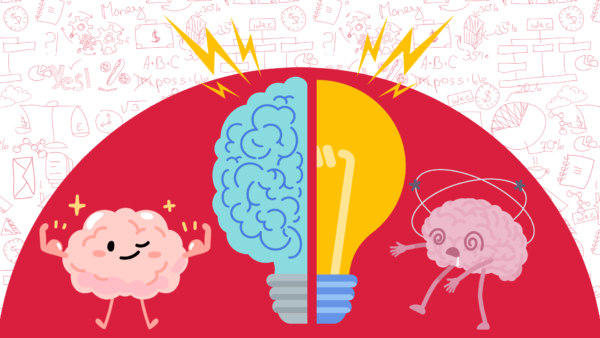
No, you are not The Flash. Sometimes when we are in negative or stressful situations, our brain’s resources are quickly redirected to making memories. These memories are richer in detail which when replayed, makes us think that these experiences lasted longer than they did.Our perception of time is influenced by various factors, including attention, memory, emotions, and even age. When our brain is receiving new information, it takes more effort to process, often making time seem slower. Familiar information is processed more quickly, making time feel faster. While our brain cannot physically alter time, it can change our perception of it.

Don’t worry, you aren’t alone. Most people prefer to “text” things rather than say them in person. Why? Some people experience anxiety during phone calls, often fearing awkward silences or worried about what to say next. In texting, this pressure is removed as you can answer in your own time.Also, recent research by Harvard Business Review revealed that many believe that this is because we feel a space between us and the receiver, thereby creating an illusion we are removed from reality.
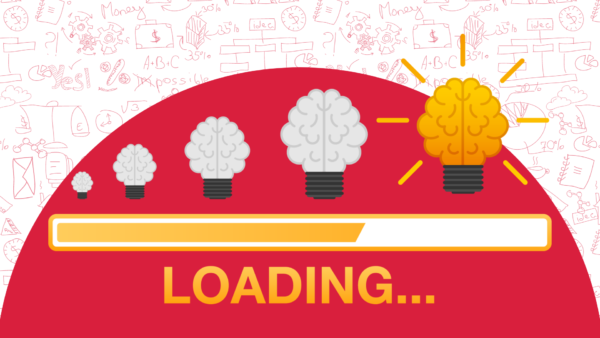
The brain has enough capacity to store upto 2.5 petabytes of information (almost a million gigabytes or just enough space to store over three million hours of your favorite tv shows).Let’s just say that we will never have a storage issue. Ever.
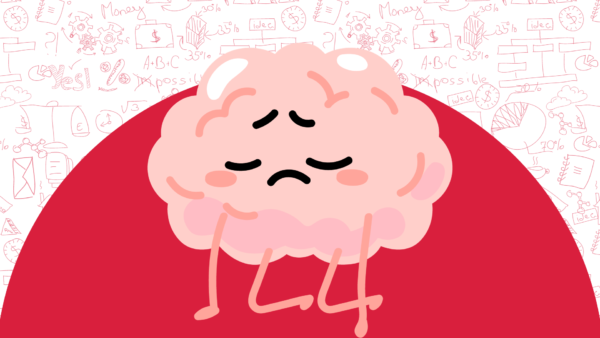
According to a team of scientists, sweating can lead to dehydration – which can negatively affect overall brain function and can lead to shrinkage in brain tissue.This effect is most severe in the hippocampus, a region of the brain that plays an important role in learning and memory. But don’t worry, it is only temporary. As long as you replenish the lost fluids, all will be well.
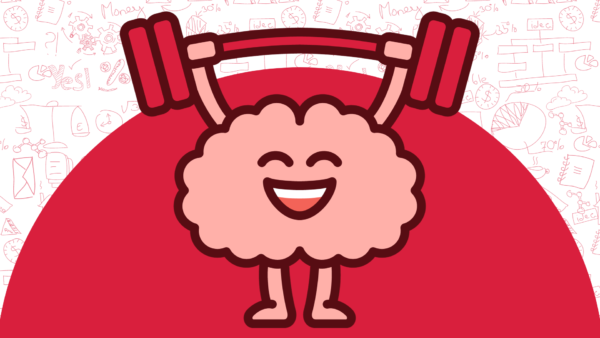
The average brain weighs around 1.3 kgs and it is mostly made up of water. It constitutes upto 73% of the brain’s composition!
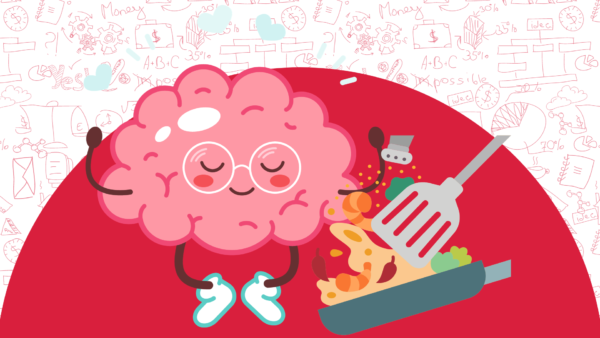
Cooking food and the human brain are deeply related in several ways. Some scientists believe that cooking may have played a significant role in the evolution of the human brain. The process of cooking food breaks down complex molecules, making it easier for our bodies to absorb nutrients. This increased nutrient intake could have helped fuel the growth of our brains.
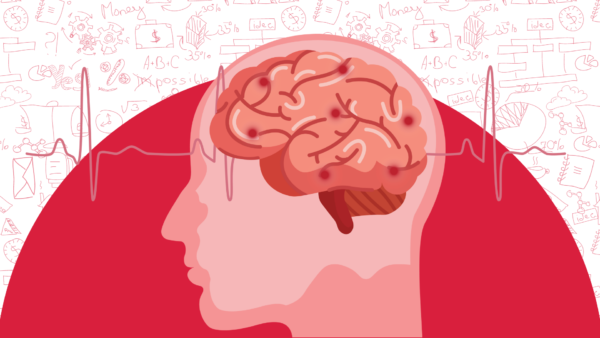
The human brain uses upto 20% of the total oxygen in a body and over 30 % of the blood pumped by the heart is used by the brain. Basically, a spoiled and demanding little brat.
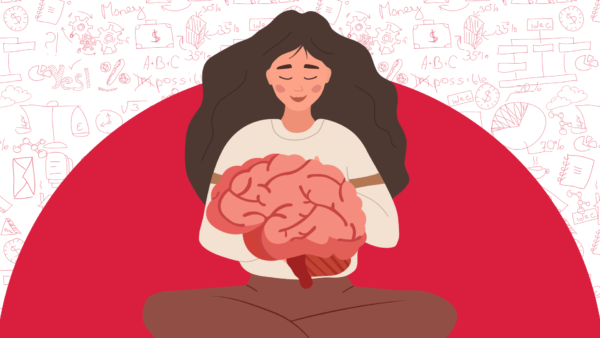
Well, a study that revealed the same thing in the human brain and found out that the brain won’t survive for more than five minutes without oxygen.
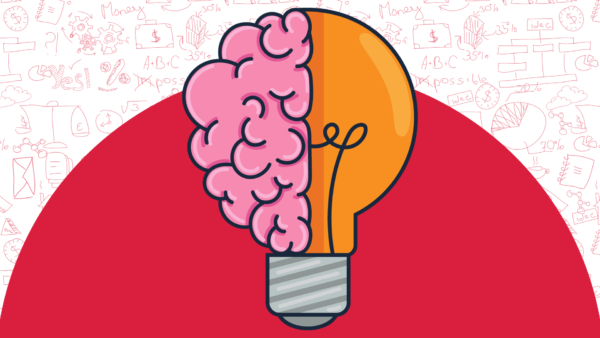
Your brain generates enough electricity to power a small light bulb. That is, roughly between 12 to 25 watts of electricity. Human brains have over 86 billion neurons that are interacting with each other at all times to create a complex network. But everything you see, interact with, think, speak or even dream are all created by, you guessed it, electricity. Shocking, isn’t it?
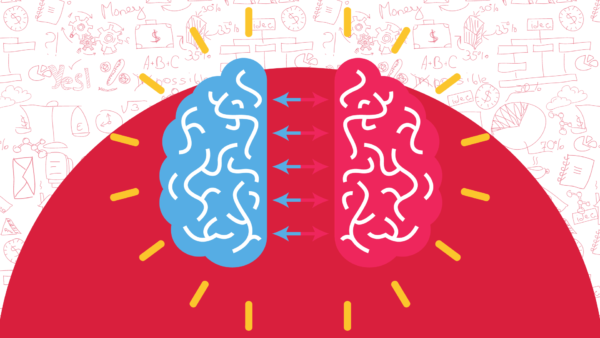
Neurons in the brain transmit information at around 150-270 mph – fast enough to put a race car to shame.
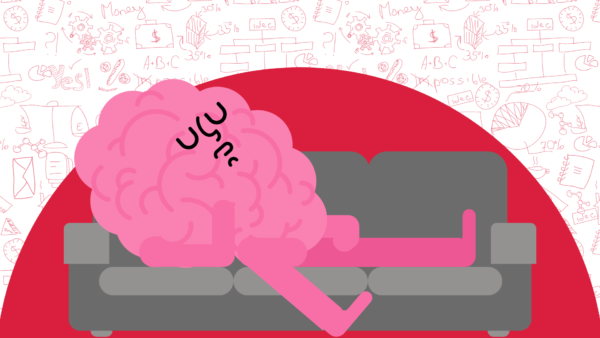
The thing is, alcohol impedes the brain’s ability to form memories. This is why, after heavy drinking, you might not be able to remember certain things that happened, an experience commonly known as a blackout. The more you drink and the more quickly you drink, the more likely you are to experience blackouts and memory lapses – the memory just never formed!
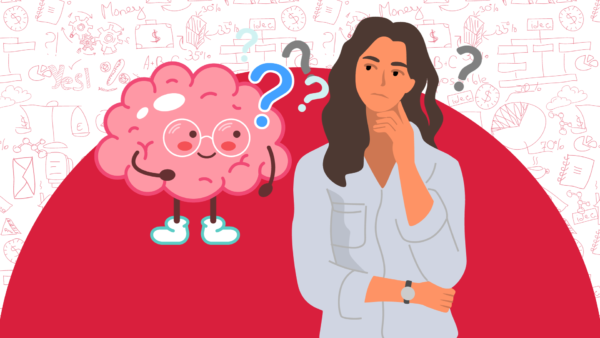
This is a myth that has been associated with the human brain for quite some time due to certain incorrect representations in popular culture. In reality, we use virtually all of our brain at all times,according to a evidence study by Britannica, which even includes the times we are asleep!
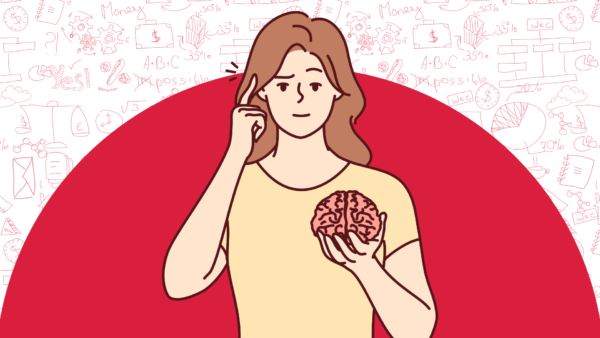
It is because as organisms evolved, most of our sensory organs clustered around the area through which they ingested food. As more organs began to cluster together, so did more and more nerves, marking the beginning of a brain.
Understanding the psychological facts about the brain is crucial to our self-development and general wellness, underscoring the necessity for continual study. One can only marvel at the depth of what we still don’t know about this most fascinating and complex of organs, making the brain’s study not only a scientific endeavour but also a journey into the most profound of human mysteries.



























